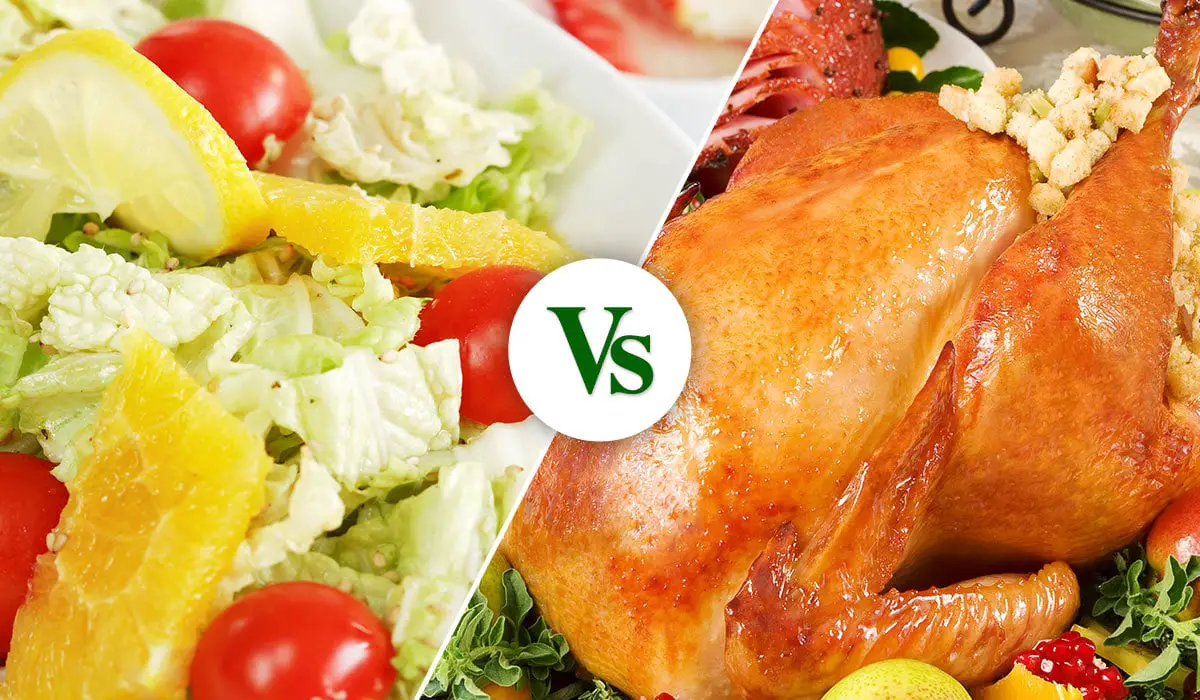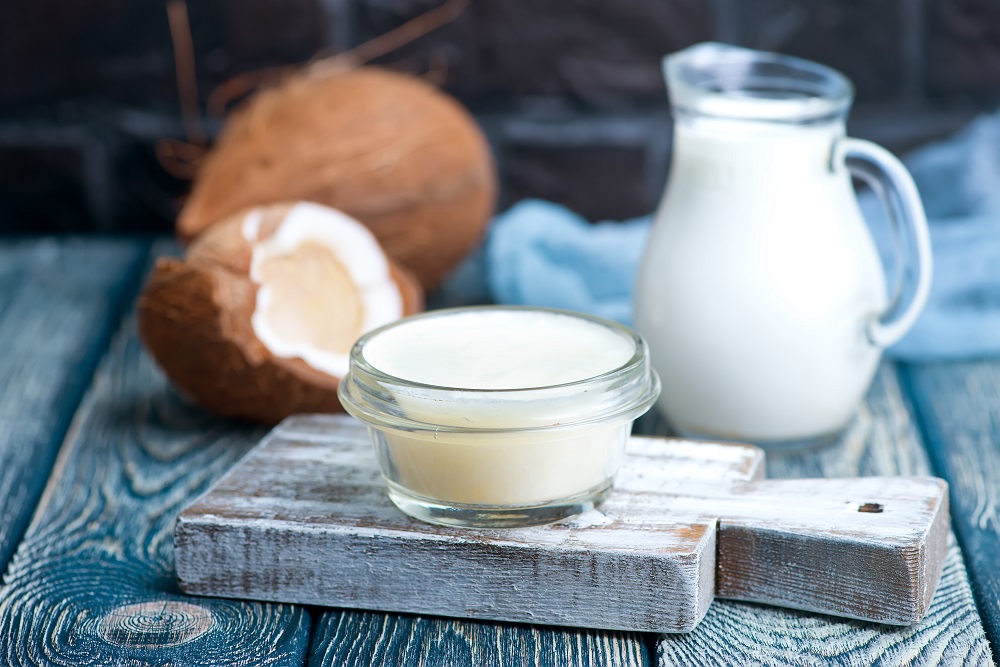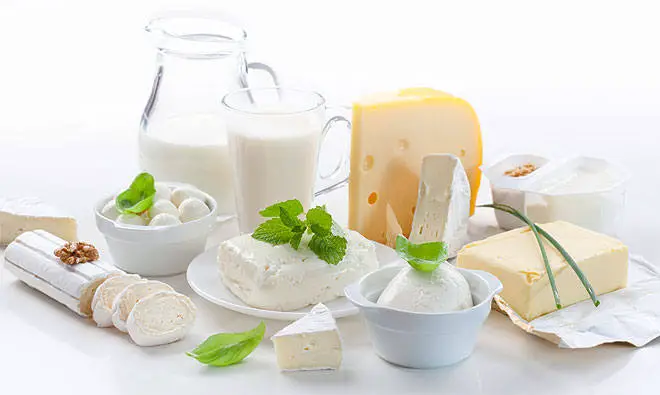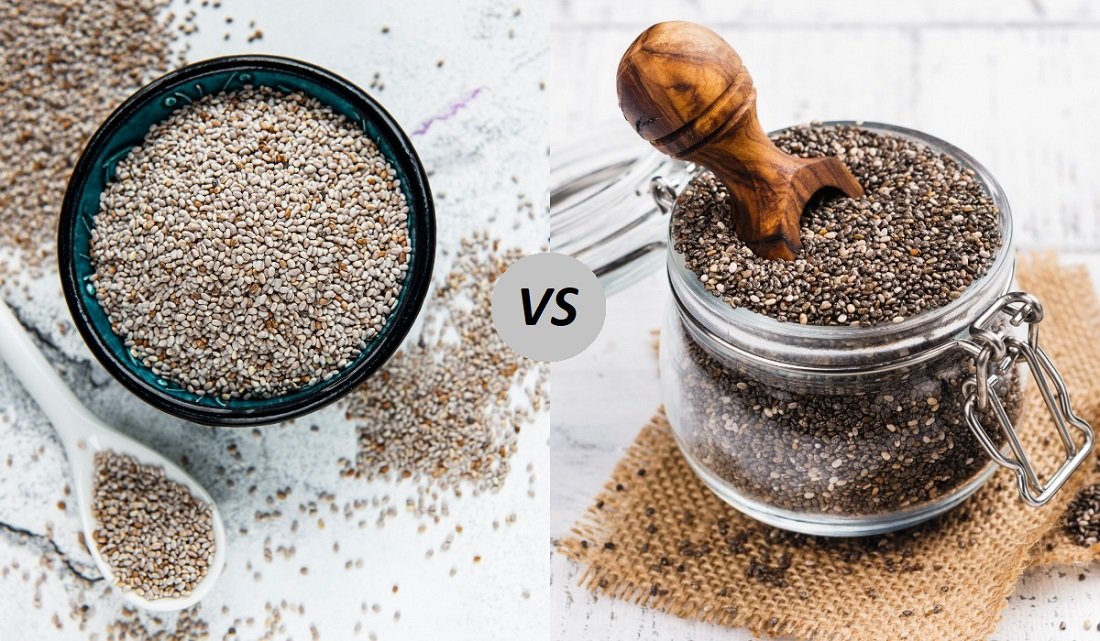Vegetarian Vs. Vegan– What Are The Differences?
Vegetarian and vegan may sound the same, but there are marked differences that should be addressed. A vegetarian excludes meat, seafood and poultry from their diet.
There are some vegetarians who also exclude dairy and eggs from their diet some choose to not do so. A vegan will avoid meat, seafood, poultry and all animal products from their diet.
Animal products include milk, cheese, eggs and honey. Many vegans will also avoid using household products and clothing that is made from animal products or has been tested on animals.
Nutritional Needs

Both vegetarians and vegans must be diligent in monitoring their nutritional needs. They must eat a balanced selection of foods to get their daily nutritional requirements of calcium, protein, iron and zinc.
Kale, grains, nuts, legumes and beans are popular food among both vegetarians and vegans. Vegans avoid all processed foods.
Supplements
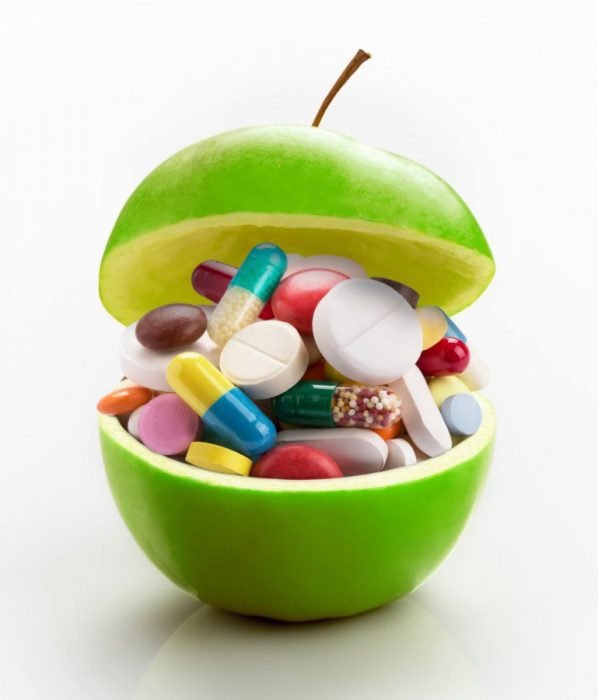
Vegans have to watch labels closely on supplements. Many nutritional supplements are marketed as healthy and natural but they will contain ingredients that a true vegan will deem as unsafe.
Recommended for You:
Vitamin B12 Deficiency
Vitamin B12 can only be found in substantial amounts through animal foods and animal products. Vegetarians and vegans are at a higher risk of being deficient in B12.
Vitamin B12 is needed for energy metabolism in cells, red blood cell formation and proper brain function. People who are deficient in vitamin B12 will suffer from depression, anemia and fatigue.
Vegan |
Vegetarian |
|
|
|
|
|
|
|
|
